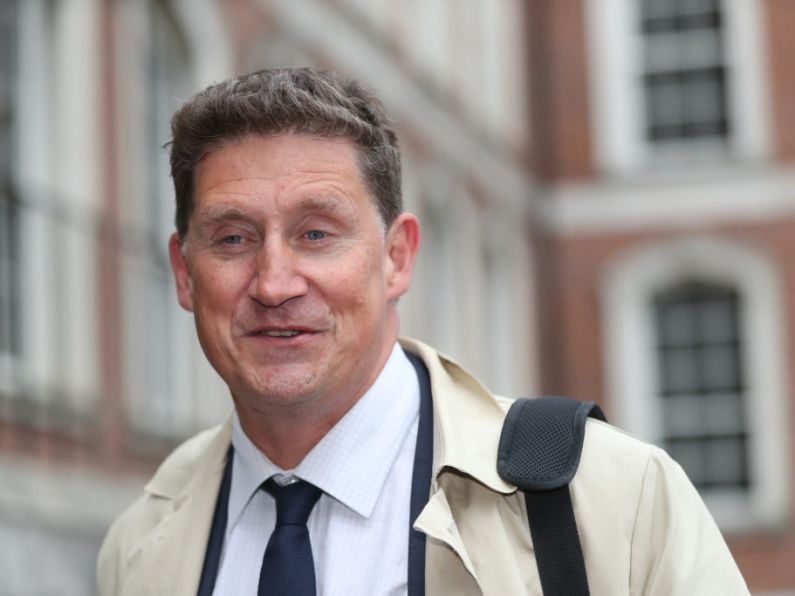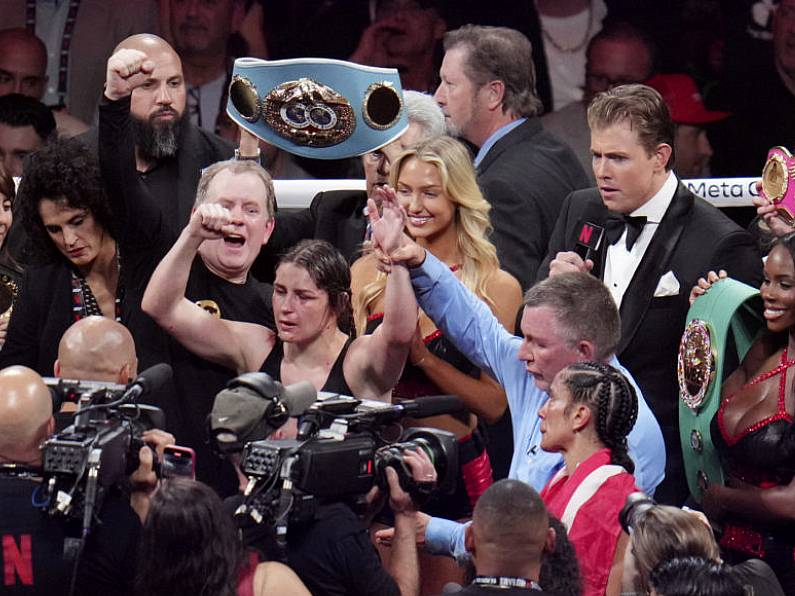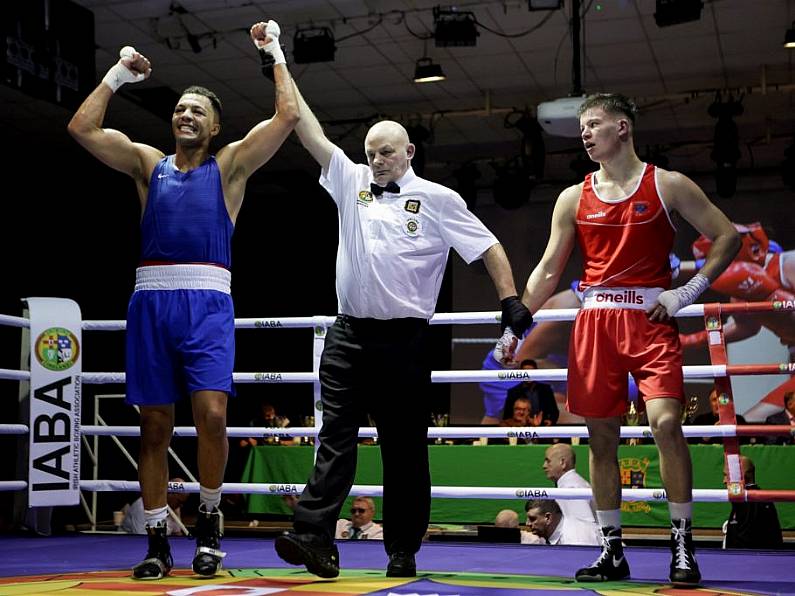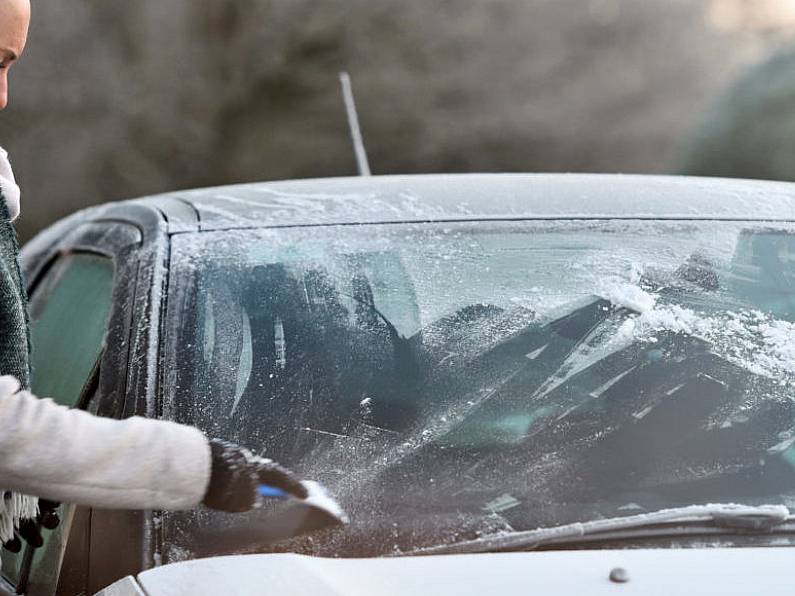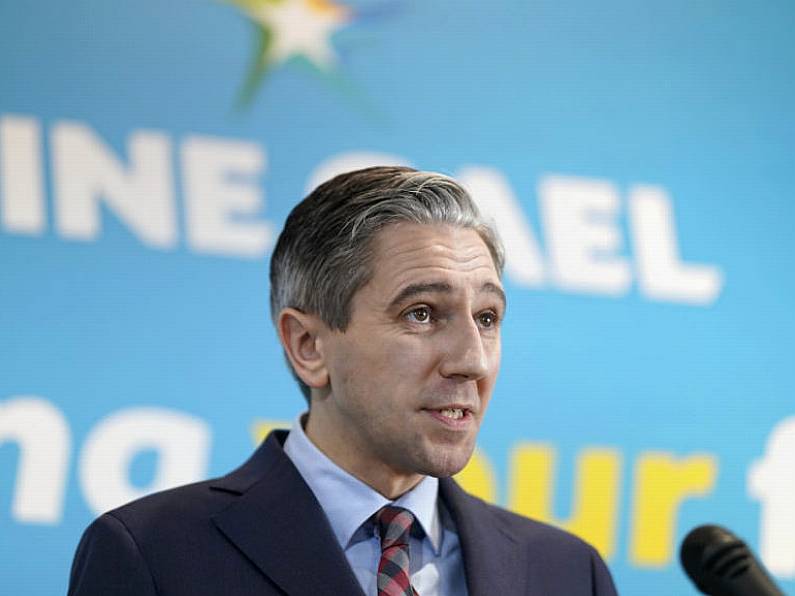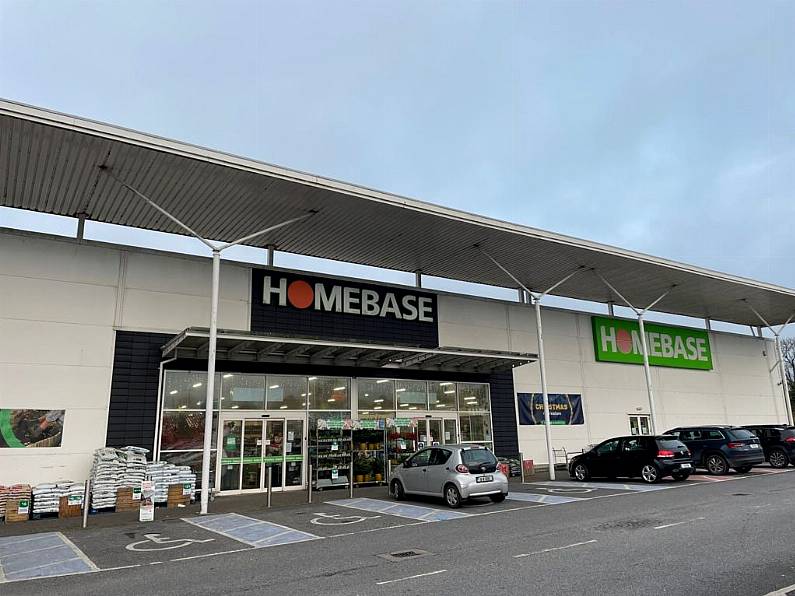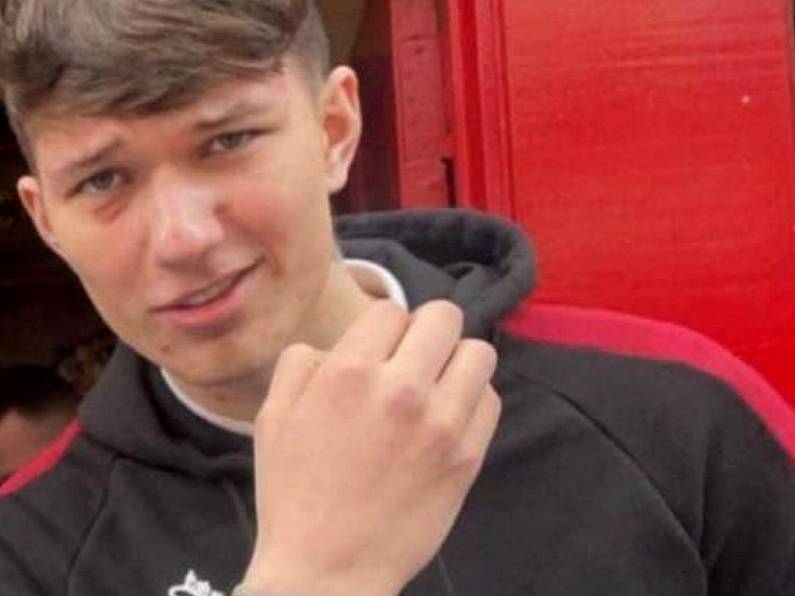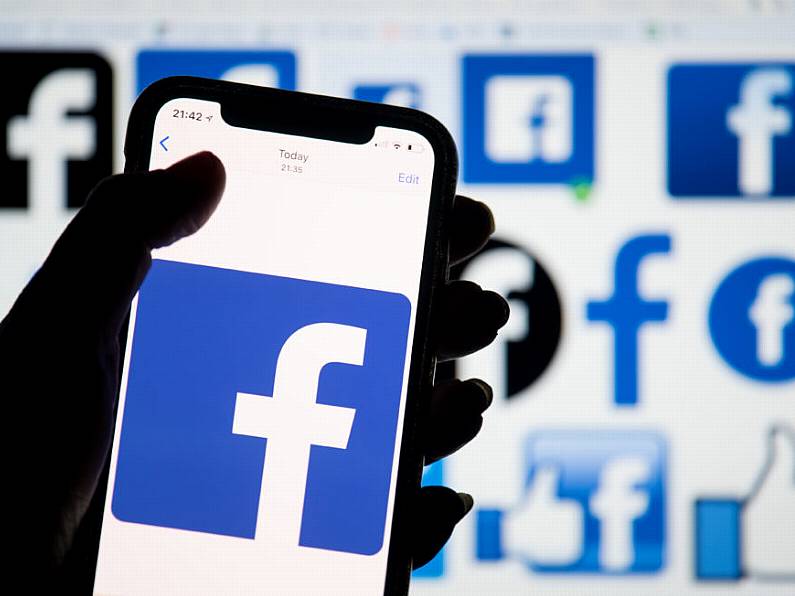Reducing car journeys and spending less time in the shower will be among the tips in a public awareness campaign around energy costs to be published by Minister for the Environment Eamon Ryan.
The Government is working on finalising a cost-of-living package to help households with spiralling costs, however, no additional financial supports are expected, so the new campaign will focus on "behaviour-led" measures.
Mr Ryan will bring forward proposals for a public awareness campaign on simple measures to cut energy costs, the Irish Examiner reports.
The advice will include shorter showers, turning thermostats down by one degree, and only boiling water that is required, rather than a full kettle.
Using appliances at off-peak times will also be recommended as a money-saving measure.
Mr Ryan said these measures will also help to support Ukraine. "The one front that the Russian government particularly uses as one of the weapons in this war is in relation to the energy markets and how they have a grip of those."
He said people must do "everything that we can" to reduce that threat.
Meanwhile, Minister for Foreign Affairs Simon Coveney and Minister Ryan have both spoken of the Government’s efforts to help families and businesses to meet their fuel bills.
War in Ukraine
While the Government will have to do more, it cannot completely “fix” the situation because of international factors, Mr Ryan told RTÉ radio’s Morning Ireland. But the length of time that the war in Ukraine continues will have an impact, he added.Mr Coveney told Newstalk Breakfast that the price of energy was going to be unpredictable in the months ahead because of the war in Ukraine. The Government had put in place a €1 billion package to help people to try to reduce the “dramatic” rise in bills.
But the Government was not able to “make things normal” in the context of price volatility, he said. The focus will be on “what we can do” not on what the leader of the opposition was calling for, he replied when asked about criticism of the Government’s efforts by Sinn Féin leader Mary Lou McDonald.
At the core of the Government’s efforts will be measures to help people pay their bills and to provide assistance “in difficult times,” added Mr Coveney.
Mr Ryan said that the €230 credit was just one measure from a €2 billion package to help families and businesses. The first priority was to assist those most at risk of fuel poverty, there will be further universal measures such as reducing the PSO on energy bills to zero.
Some measures would not be immediate and would take time, he warned. They would require changes to the social welfare system. “It will take time to get it right” to ensure fundamental long term improvements.
There will also be a focus on energy efficiency throughout Europe which will require coordination, it was better to be united as there was still uncertainty about what Russia was going to do.
The Government was committed to helping the public, but some plans will require planning, he said.
Mr Ryan said that the reliance on Russian fossil fuels in Europe had emphasised how important it was for Ireland to rely on its own resources – wind, solar, biomass and his Department would be trying to accelerate measures which would help people save on their energy costs.
The Government would be looking at further supports and would introduce a suite of measures, including time of day use which could mean immediate savings.
Insulation
Grants of up to 80 per cent for between 500,000 to 700,000 homes for better insulation could mean savings of up to 25 per cent in bills and there needed to be a focus on that now, he said.
No matter what it was important that Europe stay united on the issue of sanctions, he said. “Sanctions will put an end to this war. The more united, the stronger we are."
It was uncertain what could happen in the coming weeks, there could be a serious escalation, he cautioned. The fact that Europe was spending €1 billion per day on Russian fossil fuels “makes the case for stronger sanctions". - Additional reporting from Vivienne Clarke



